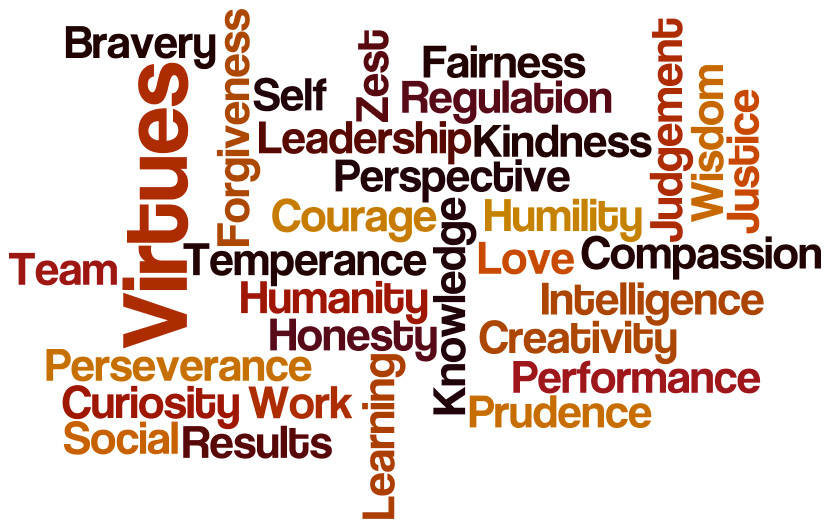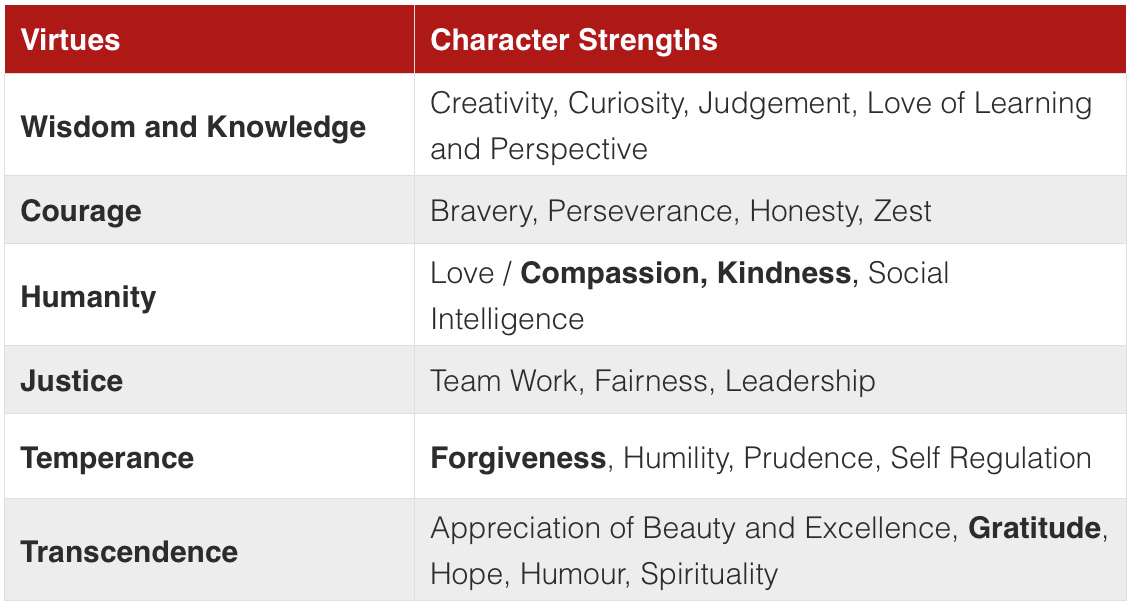Recently, there has been a lot of debate about the actual objective of “the organization.” In the Western World, the prevalent view over the last decades has been that its objective was maximizing shareholder value above any other consideration. In other words, the HOW, (whether or not a company is virtuous in accomplishing objectives), did not matter. As such, employees, managers and society were simply considered as means to reach this “superior” objective. Virtues were off the corporate radar, and business ethics were, at most, something to comply with.

The Heliotropic Effect: Reaching new Heights
Some relevant scholars like Kim Cameron, Jane Dutton and Bob Quinn – founders of Positive Organizational Scholarship (POS) – are starting to find strong evidence of the importance of virtuousness at work and its positive impact on performance: Doing good for the sake of doing good may actually have a positive impact on performance .
POS supports the idea that for organizations to reach their best – also in terms of results – they have to foster virtuousness . For Cameron, “Positive Leadership is oriented toward developing what Aristotle labelled goods at first intent or to ‘that which is good in itself and is to be chosen for its own sake.’”
The hypothesis is simple, and comes from the observation of nature: The so-called “Heliotropic Effect.” This effect is defined as the tendency of all living systems toward that which is life giving. For instance, in nature we can observe how plants lean toward the light.
Virtues and their Psychological Ingredients
POS is also connected to Martin Seligman’s Positive Psychology and its VIA Classification of Virtues, developed as a common language for describing one’s best qualities. VIA originated from the review of over 200 works of philosophers, theologians, educators and scholars of all times. The six virtues VIA considers as universal are: Wisdom and Knowledge, Courage, Humanity, Justice, Temperance and Transcendence.
These virtues – or human goodness – are displayed thanks to some psychological ingredients called character strengths. These character strengths are capacities such as cognition, conation, affect and behaviour.
Impact on Organizational Performance
By fostering gratitude, kindness, compassion, care and forgiveness we can dramatically impact individual and organizational performance.
Gratitude for instance, when done in a concrete way – not generic – creates a stream of positive energy and feelings and fosters others to express their gratitude. Thus it creates a better atmosphere at work, which in turn impacts productivity, among other things.
Forgiveness may be very relevant when difficult situations (like cutbacks, for example) are taking place. However, it is also has an important role when we need to foster creativity, for mistakes have to be used for collective learning, rather than as an excuse to judge others. If we create an environment where we face mistakes in a positive manner, creativity may increase dramatically.
Compassion may heal people, increase positive emotions at work and connections among co-workers, reduce anxiety and increase attachment to organizations.
Implementing these and other virtuous practices is positively related to individual and organizational performance . Relevant impact has been found – across many different industries and companies – on variables such as profitability, productivity, quality, innovation, customer satisfaction and employee retention, among others.
As a leader, start by asking yourself some questions about yourself, your organization or your group.
- How do we face mistakes or difficult situations? Do we forgive and take advantage of mistakes as a way of learning or create a culture of fear?
- Is gratitude fostered in my team / organization?
- How can I demonstrate and encourage the public expression of compassion?
- Do I feel I display virtuousness at work across its different dimensions?
A Final Word: Results, Always?
It is difficult to avoid thinking about results when we are in the corporate world. Virtues should be pursued just because they are good. The positive thing is that this is good for us – we become better – and for our organizations . But this pursuit of excellence has to be authentic. Just saying thanks to our co-workers to see if that improves their performance is a poor way of thinking about virtues.



I think that it might be difficult to prove following a scientific approach, that “doing good” is also “good for your business, although experiences proving the opposite (“doing bad” will certainly “hurt your business” in the long run) are abundant…
Cristobal
Thanks for your comment. There are many cases where doing bad seems good for the business. So first we should define what is good. I think results are important, but people and social impact are too, and I would say people should be first, keeping in mind that companies need to make money of course. If we create organizations that make a lot of money but that do not develop the person, then we are creating a world rich in money…….but poor of what matters. And i don’t think we need to see things in black and white. We must fight for both. Then there is this need for short term vs long term (I think this is a big issue today and will be in the next years)….but I am sure you agree that good things take time, like in another aspect of life.